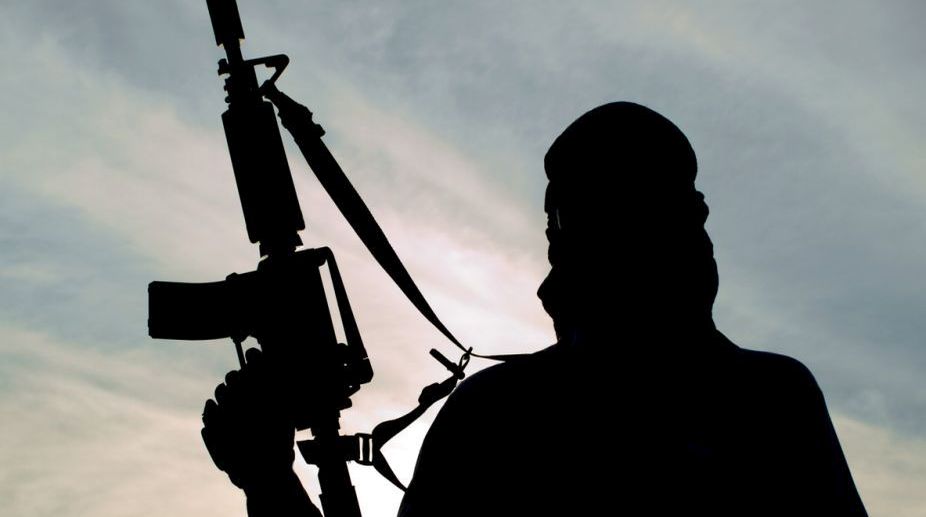Sana Mir and Usain Bolt named ambassadors of ICC T20 WC Qualifier 2024
Former Pakistan skipper Sana Mir and eight-time Olympic gold medallist Usain Bolt have been named as the ambassadors of women’s and men’s ICC T20 World Cup Qualifier 2024.

Representational image (Photo: Getty Images)
It would be a gross understatement to describe as a “security lapse” the manner in which a hardcore militant broke out of police custody at a premier hospital in Srinagar on Tuesday. For there are several angles to what has to be accepted as evidence of the militants having, perhaps temporarily, proven themselves more than a couple of steps ahead of the security apparatus ~ and it would be splitting hairs if the failure was attributed to one agency or another.
The planning and execution of the strike ~ which the militant-backers would hail as the “liberation” of a comrade ~ confirms that the tentacles of the anti-national elements have penetrated, and compromised, the security system: thus ridiculing recent claims of the security agencies having gained the upper hand in the counter insurgency operation.
It would require no expertise to conclude that militants were aware of when Mohammed Naveed Jhatt would be taken to hospital for treatment (was his ailment feigned?). That they were also well-versed with the forces’ procedures was clear, and so two of them lay in wait and mounted an attack which caught Jhatt’s escorts off-guard.
Advertisement
Taking advantage of the crowd near the hospital, the militants gunned down two policemen, before rushing away to a conveniently-parked motorcycle on which the trio fled the scene even before the other cops could react. All that was extremely well-planned, and obviously with “inside” information and assistance. That “success” would give a boost to LeT operatives, and send out a signal to the community at large about who is really calling the shots.
One fallout might be an increase in militant activity, bolstered by the enhanced Pakistani shelling along the LOC ~ they are witnessed in tandem ~ forcing the security forces to be actively engaged on two fronts simultaneously. For despite much tough talk from the Army, and claims of “punitive retaliation” there has been little respite from the small-arms and mortar fire (have anti-tank missiles also been used?) that has crippled normal life for folk living on the frontier.
The situation is fast deteriorating and could easily slip out of control. At a somewhat lower level, the incident at the Srinagar hospital could encourage the separatist elements to create additional hurdles for the Central government’s Special Representative who is trying to revive the dialogue process ~ albeit with little success thus far.
The latest incident cannot be written off from the security angle alone, the popular support the militants exploited to their advantage makes a policy re-think imperative. The state is losing the battle to win hearts and minds, and economic activity remains dislocated. Yet is a policy re-orientation possible when the state government is ridden with internal contradictions, and New Delhi still declines to look beyond a military solution?
Advertisement